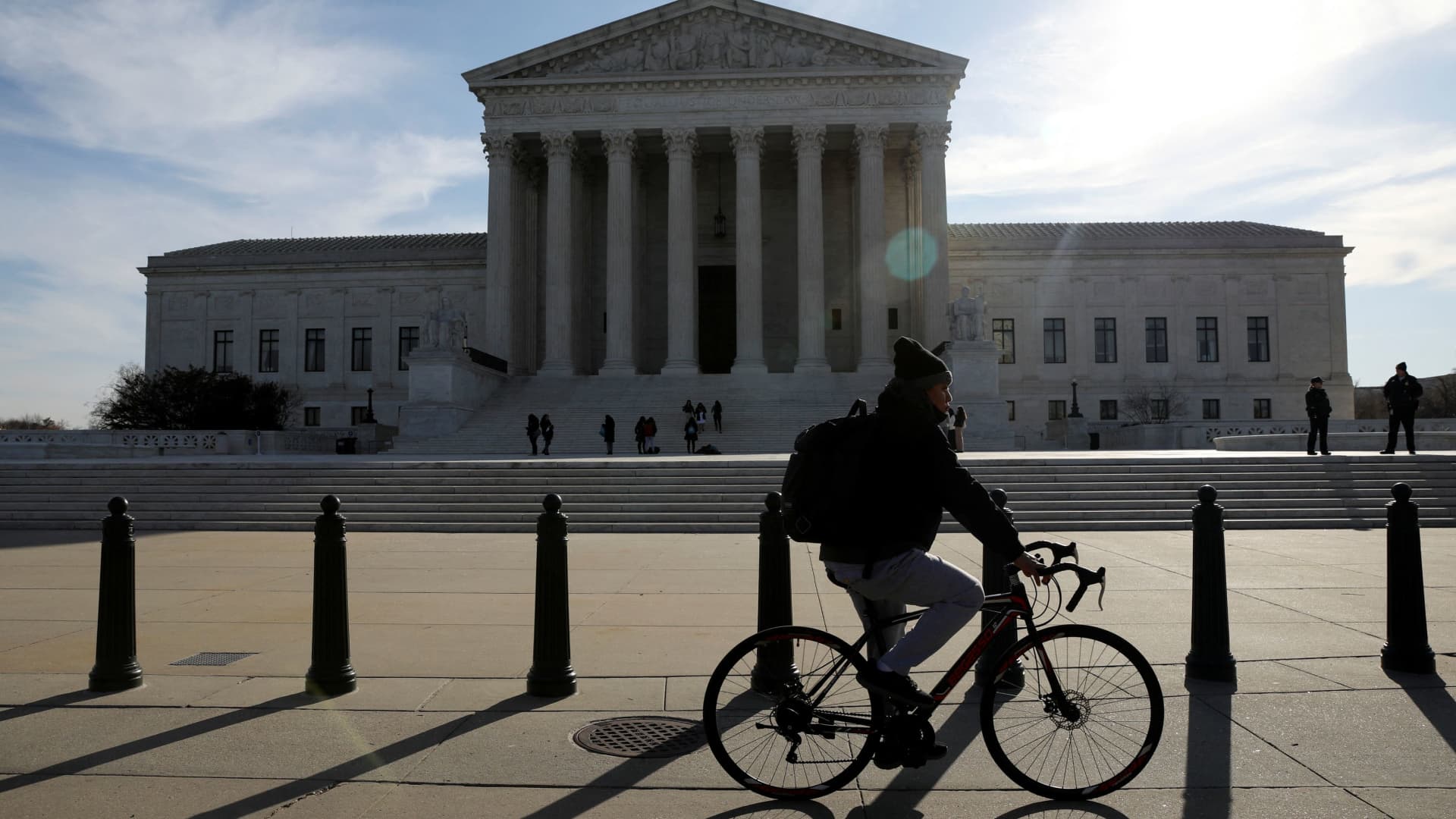CDC tells individuals to 'avoid travel' to the UK as Covid cases rise
The CDC told travelers to avoid traveling to the UK as the Delta variant of Covid-19 continues to spread.

A United Airlines passenger aircraft arrives over the top of residential houses to land at Heathrow Airport in west London, Britain, March 13, 2020.
Matthew Childs | Reuters
The Centers for Disease Control and Prevention on Monday said to "avoid travel" to the U.K. as the delta Covid-19 variant continues to spread.
The warning is "Level 4" is the CDC's highest. It isn't binding but it comes after airline executives and other members of the travel industry have pressed the Biden Administration to loosen Covid travel restrictions.
The United States has had an entry ban in place on non-U.S. citizens from the EU, U.K. and other countries for much of the pandemic, though several European nations have recently opened their doors to international visitors. Canada, however, said Monday that it will allow fully vaccinated U.S. citizens into the country for nonessential travel starting Aug. 9.
The White House and State Department didn't immediately respond to requests for comment.
The CDC said if individuals must travel to the U.K., they should be fully vaccinated against Covid-19. Meanwhile, England lifted remaining Covid-19 restrictions on Monday, allowing for indoor gatherings and the reopening of nightclubs.
But Covid infections remain high across the U.K. with 316,691 cases reported over the last seven days, up by about 43% from the previous seven-day period, according to a CNBC analysis of data compiled by Johns Hopkins University.
U.S. airline stocks fell sharply on Monday as the rise of delta variant cases has raised concerns about the economic recovery and the potential impact on the recent rise in travel demand after a slump for much of the past year.
Covid cases in the U.S. have jumped by about 66% in the past week to a seven-day average of about 32,300 new cases per day, according to Hopkins' data.
-CNBC's Holly Ellyatt contributed to this article.

 JaneWalter
JaneWalter 
































